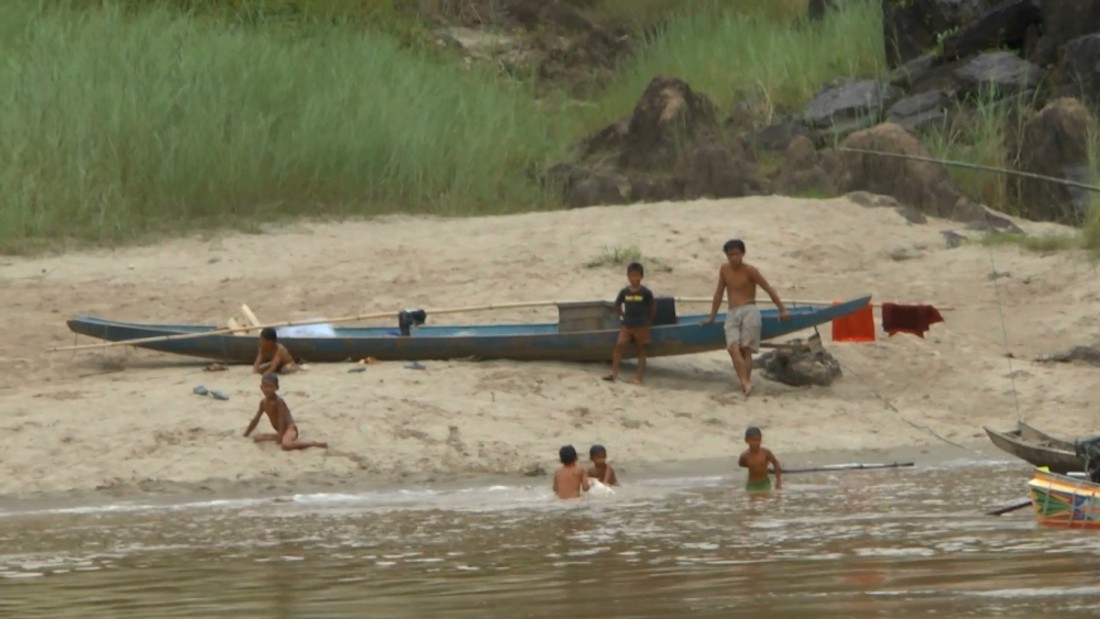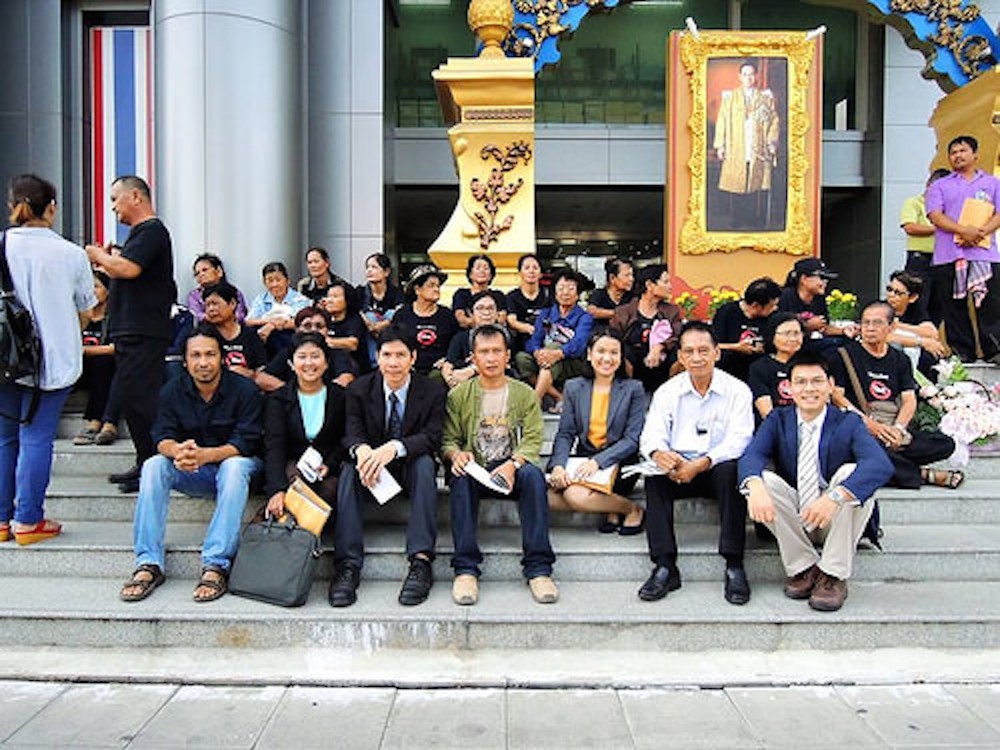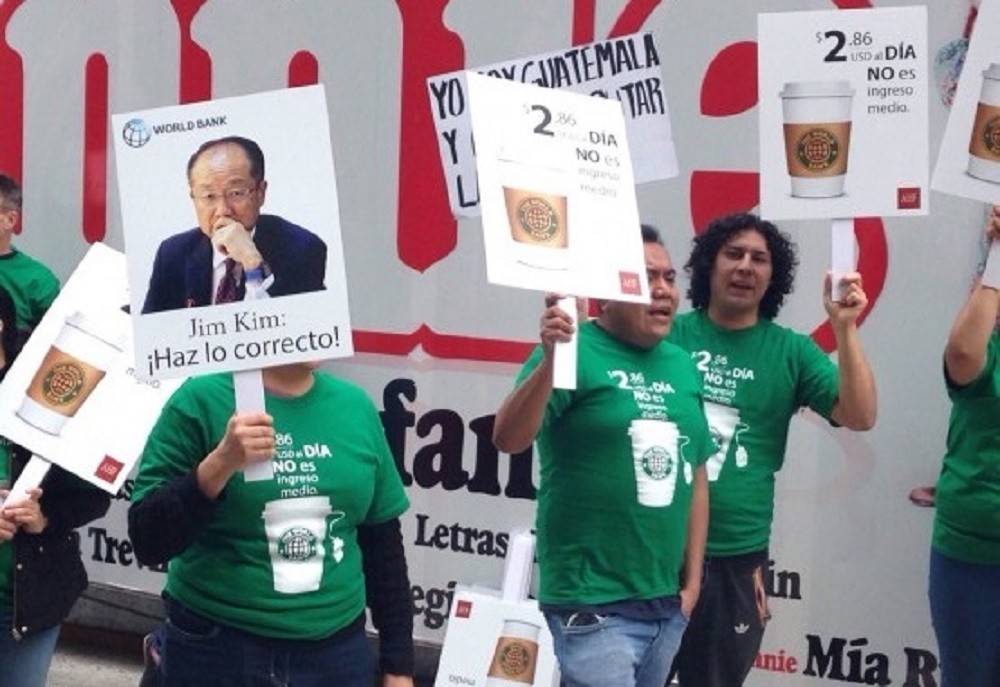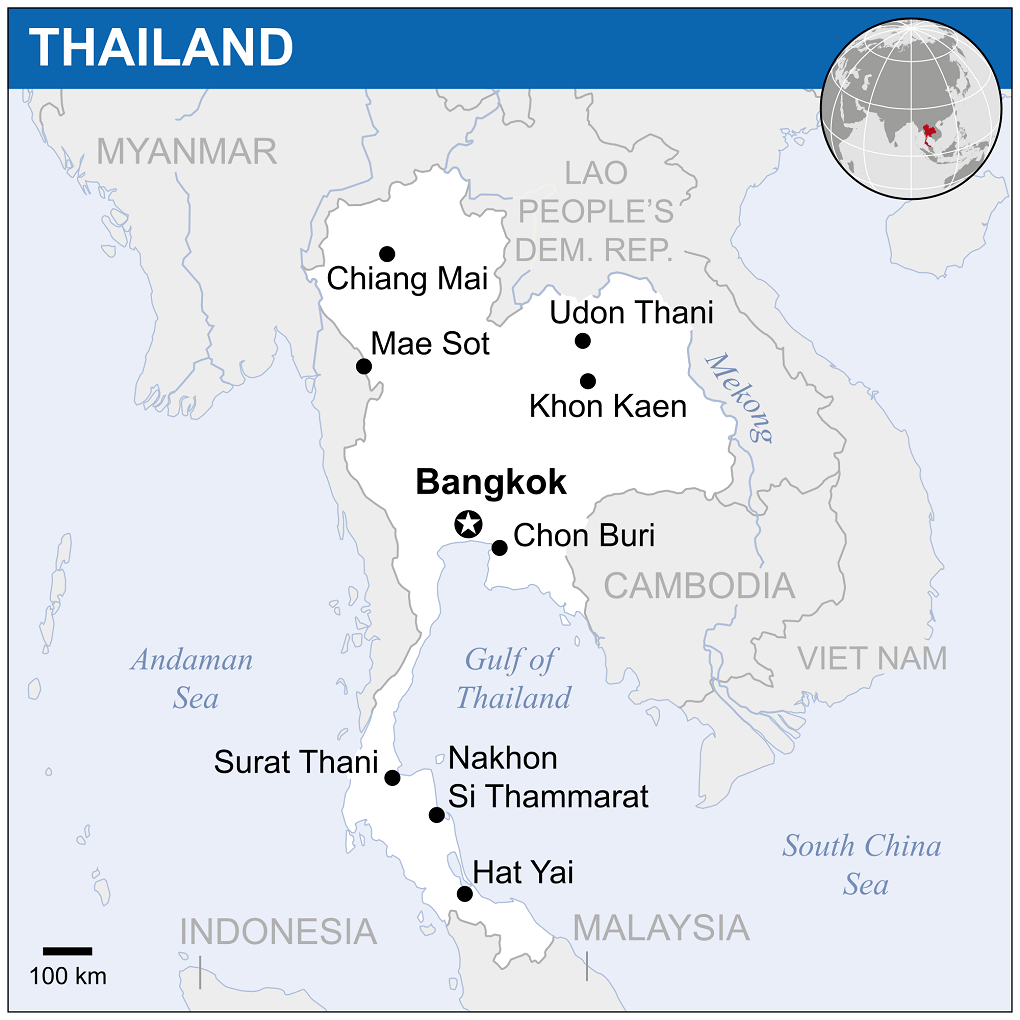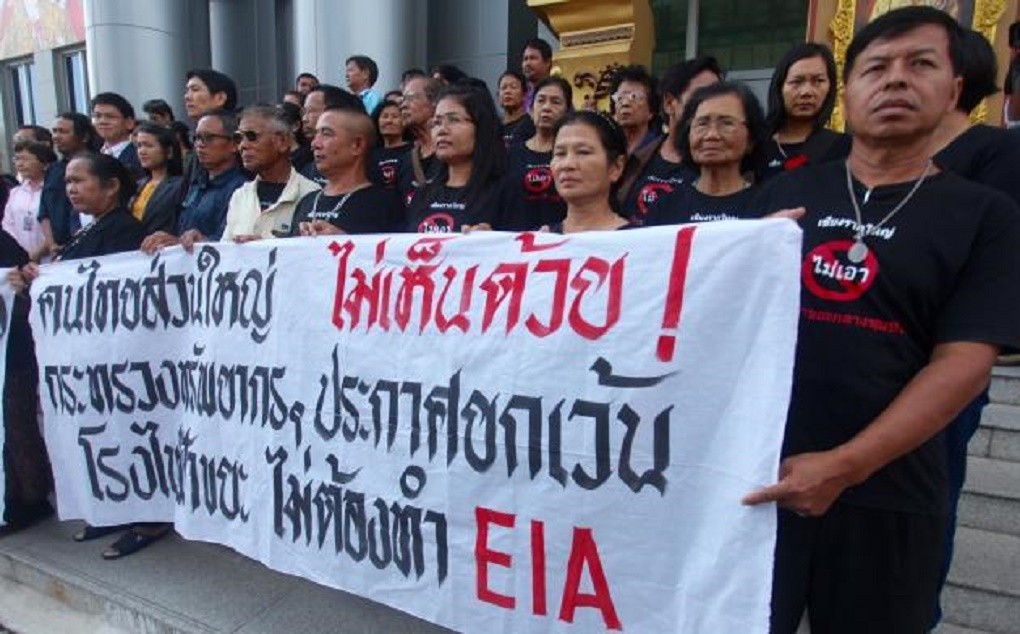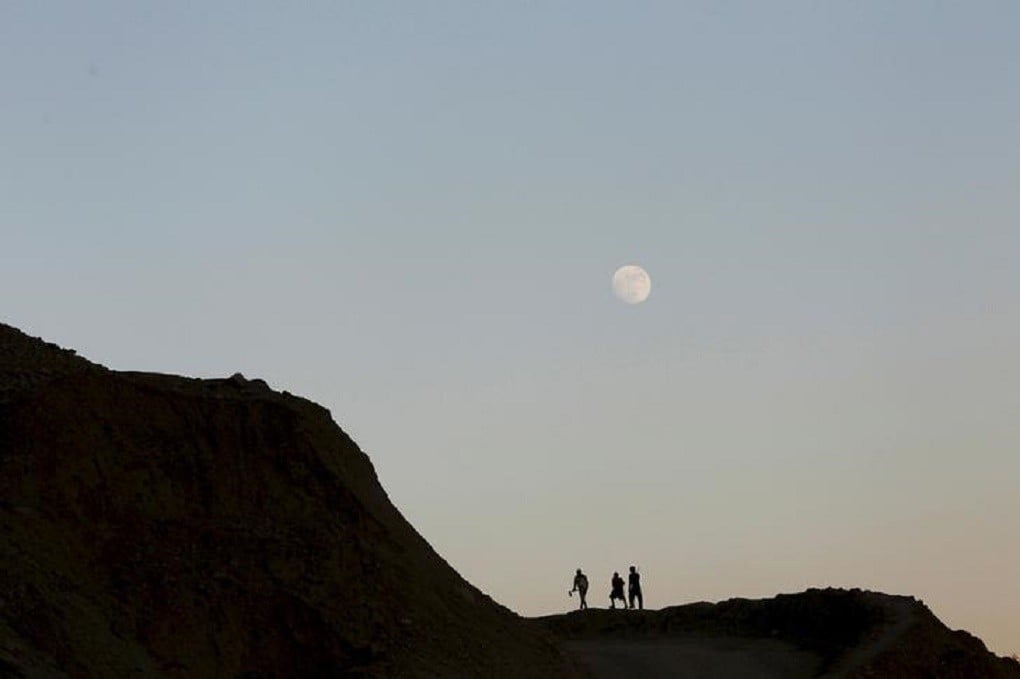Thai people living along the Mekong River are advocating an international law to protect the environment and human rights regarding international investments in the river basin
Tag: safeguards
Order flawed but regime doesn’t care
In plain words, the NCPO’s order No.9/2559 can only quicken projects when it assumes the EIA and EHIA will be approved as a rubber stamp. All other attempts to justify it are illogical.
But then again, there is a similar failed logic here as in past suggestions that people grow velvet beans instead of rice, shower less in the face of drought or refrain from making sparks to avoid wildfires.
As the military regime lingers on, the daily dose of illogicality is increasing and becomes more flagrant. If a fast-track solution is ever needed, it’s to expedite the exit of one immodest man’s rule to the more sensible one-man, one-vote.
World Bank safeguards review: “human rights-free zone”
The Bretton Woods Project As the third and final consultation phase on the second draft of the World Bank’s proposed new environmental and social framework (ESF), replacing the current safeguards, progresses, civil society organisations (CSOs), the UN and certain member states continue to demand that the Bank incorporates human rights in all its activities (see […]
Mining ministry calls for by-law proposals
The Ministry of Mines is preparing to amend the by-laws for a new mining law and has asked for suggestions and proposals.
The Pyidaungsu Hluttaw passed the new mining law in December and amended the Myanmar Gemstone Law on January 29. The ministry is now drawing up the corresponding rules and regulations.
Stakeholders can send their suggestions to the Department of Mines and Myanmar Gems Enterprise by March 6, the ministry said.
Section 44 to clear way for setting up new Special Economic Zones, and possible new Biomass Power Plant without EIA
General Prayut Chan-o-Cha, leader of the National Council for Peace and Order used authority under section 44 declared 2 NCPO orders on January 20. The first one is on the exception on the enforcement of city plans in some project types 1) power plant 2) power plant gas that do not use natural gas for delivery or disposal 3) factory that improve overall quality of products ( sewage treatment plant/incinerator) 4) factory for sorting and landfill 5) factory for recycling. Another NCPO order was to exclude the application of the city planning and building control laws in the area of special economic development zone. This also includes various local ordinances which are the limitations of the ban on construction, modification, decommissioning, moving and using, or changing the use of buildings.
Thai junta scraps regulations on industries, power plants
Thai junta leader has used his absolute power to scrap regulations on the construction of power plants and factories in a bid to secure energy needs and woo investors.
PARTNERSHIP IN ACTION Regional governments and civil society journey toward improving public participation
The 25 members represent governments and Civil Society Organisations (CSOs) from across the region. They have tasked themselves with drafting public participation guidelines to ensure communities and citizens have input into development projects such as dams, mines, transportation links or economic zones. Through drafting a regional standard on participation in EIA, the group hopes countries across the region will improve public involvement in the decision-making process.
Getting 10 civil society organisations, five governments and an array of ministries to agree on one set of guidelines will be hard. But the members are up for the challenge. They have a lot to teach each other. And are eager to learn from experiences in other countries and sectors.
We talked to a few members of the RTWG during their first official meeting in Bangkok in September to see how they felt about this challenging but exciting opportunity. Their video interviews are below.
My country, Thailand, hosted this kick-off meeting, and two of Thailand’s five members are Mr. Suphakij Nuntavorakarn, Healthy Public Policy Foundation and Ms. Chanakod Chasidpon, Office of the National Economic and Social Development Board (NESDB) of the Thai government.
Villagers fight waiver of EIA for power plants
REPRESENTATIVES of people from seven provinces yesterday filed a complaint with the Central Administrative Court in Bangkok calling on the Natural Resources and Environment Ministry to revoke its announcement waiving environment impact assessments (EIA) for waste-fired power plants.
Environmentalists Hope for Stronger Safeguards under NLD
In the wake of recent disasters that have shone a light on the human toll wrought by a lack of environmental and development-related safeguards, local activists are hoping to reverse Burma’s abysmal environmental protection record when a new government assumes office in March next year.
In July and August, swaths of the country were inundated by severe flooding, which in some areas triggered deadly mudslides, exacerbated in part by deforestation. Less than a week ago, a landslide near a jade mine in Kachin State’s Hpakant Township claimed more than 100 lives when a man-made mountain of earthen waste collapsed on workers’ makeshift huts.
ADB Supports Cambodia’s Push to Develop New Environmental Plan
The Asian Development Bank (ADB) is supporting the Government of Cambodia to develop a National Environmental Strategy and Action Plan (NESAP) to help the country achieve its sustainable development goals.
The NESAP will prioritize policy tools and financing options to ensure that environmental protection and sustainable natural resource management are pillars of economic development. The plan was introduced to senior officials from 17 ministries, as well as development partners, at an ADB-supported workshop held in Phnom Penh on November 2, according to ADB.
“The NESAP is a strategy for all government ministries as well as the private sector, civil society, and development partners to integrate environmental concerns into economic policies and investments,” said Say Samal, Minister of Environment, in opening remarks at the start of the workshop. He added that all stakeholders would need to work closely together to achieve the NESAP aims.


